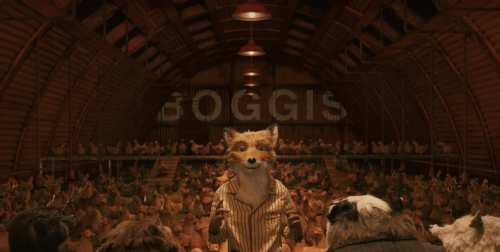Fabulous Fox (Agamben in the Henhouse)
Fabulous Fox (Agamben in the Henhouse)

Towards the end of Wes Anderson’s film Fantastic Mr. Fox is a much-discussed scene in which the eponymous protagonist, admitting to his phobia of wolves, attempts in vain to herald in various languages a lone wolf, whose lack of clothing marks him as “wild.” The scene brings into focus the cunning that appears to make the fox “more human” and less bête than other creatures, including the lion whose brute strength must be combined in Machiavelli’s prince with foxy know-how in order to frighten off the terroristic and voraciously savage wolves. I interrogate the “cunning of cunning” signified by the fox—the second-order feigning of the feint and sovereign capacity to efface one’s tracks supposedly proper to the human and by which Agamben he gets people to believe, if only for a while, that he is the first to know who will have been first. I track—à pas de loup—Derrida’s readings of Machiavelli, Agamben, and Lacan in the third, fourth, and twelfth sessions of the first year of La bête et le souverain in order develop and set out the political stakes of his indictment of Agamben’s strategic feint—an indictment that extends not only to his theory of biopolitics and of life but to his ontologization of power, potency, and (im)potentiality more generally.
Link to the paper: https://cielam.univ-amu.fr/malice/articles/fabulous-fox-agamben-in-the-henhouse
